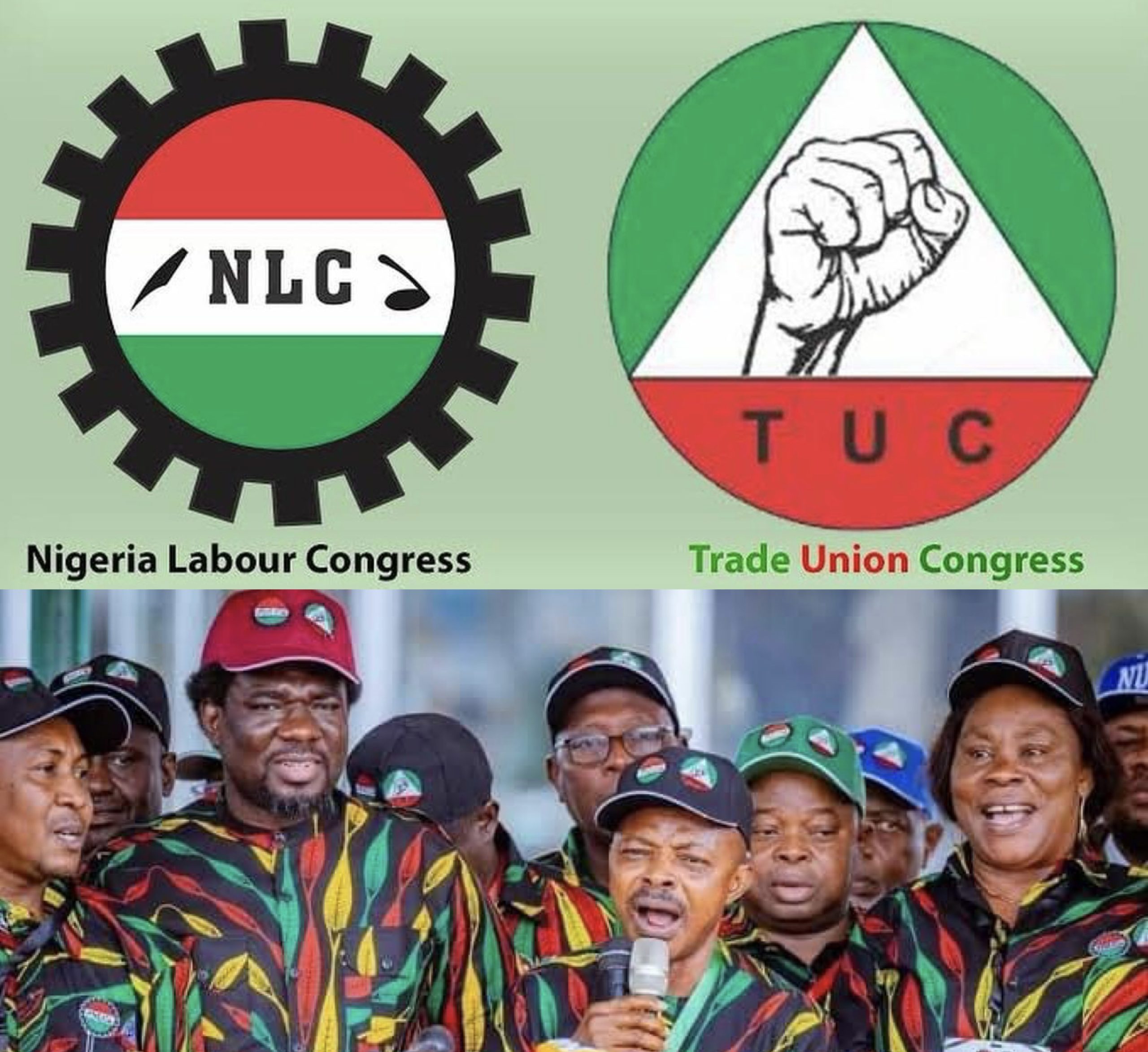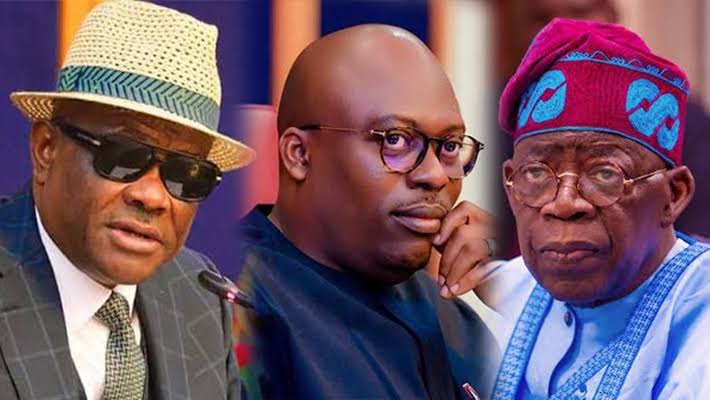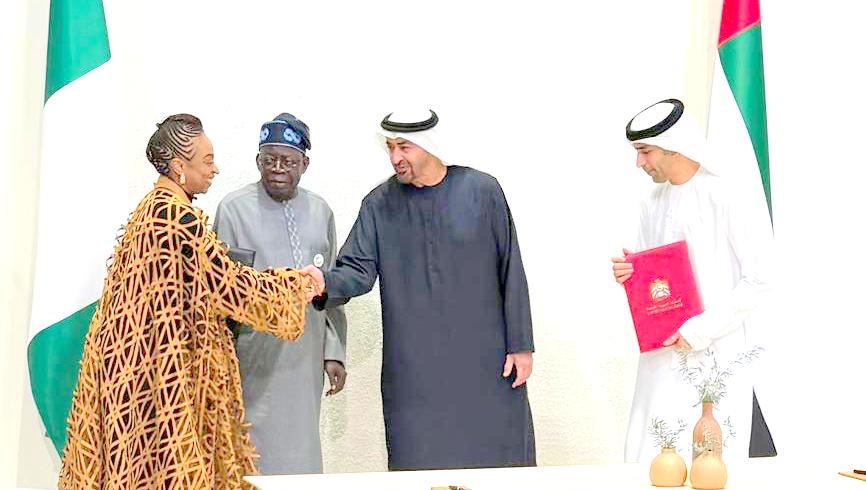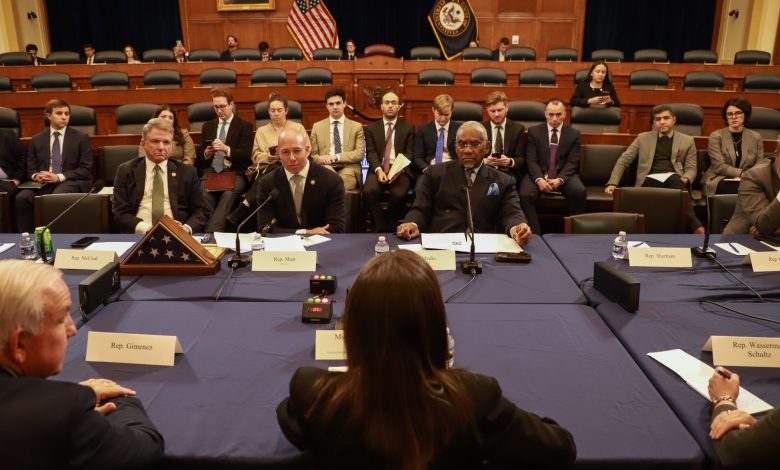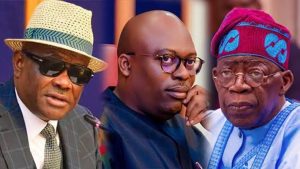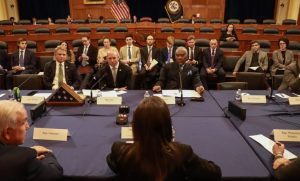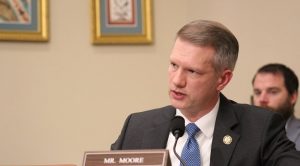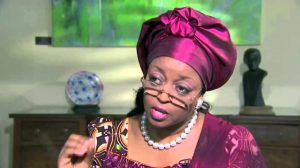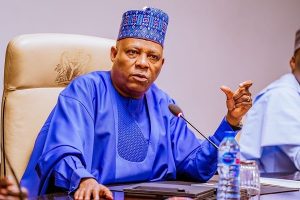Minimum Wage: NLC Ground Economic Activities in Four Nigerian States
Industrial Action Stalls Economic Activities in Four Nigerian States Over Minimum Wage Implementation
At least three Nigerian states, alongside the Federal Capital Territory (FCT), experienced a significant slowdown in economic activities on Monday as members of the Nigeria Labour Congress (NLC) and the Trade Union Congress (TUC) embarked on a nationwide strike. The industrial action was declared in protest against the non-implementation of the N70,000 minimum wage.
PulseNets learnt that workers disrupted activities in Nasarawa, Kaduna, and Ebonyi states as well as the FCT during the one-week warning strike.
The protest stems from what workers described as the refusal of certain state governments to comply with the agreed minimum wage, which was due for implementation in October and November 2024.
Teachers in FCT Decry Non-Compliance
Teachers in the FCT, Abuja, expressed frustration over the refusal of area councils within the nation’s capital to implement the N70,000 minimum wage. This non-compliance, PulseNets reported, has further fuelled tensions between workers and the government.
Kaduna: Ministries Shut Down
In Kaduna State, workers paralysed operations in various ministries and agencies. PulseNets spoke to representatives of the state government, who insisted that the payment of the new wage had commenced in October, albeit excluding consequential adjustments.
Ebonyi Workers Reject Governor’s Threat
Meanwhile, in Ebonyi State, activities ground to a halt as organised labour joined the strike. Governor Francis Nwifuru issued a 72-hour ultimatum, warning striking workers to resume or face dismissal. However, workers dismissed the governor’s announcement of a N75,000 minimum wage as an unfulfilled promise.
“Nwifuru’s declaration of a N75,000 minimum wage is merely lip service,” one worker told PulseNets.
NLC Condemns Ebonyi Governor’s Remarks
Reacting to Governor Nwifuru’s ultimatum, the spokesperson of the NLC, Benson Upah, told PulseNets that the governor’s threat was “utterly irresponsible.”
“Compliance levels have been impressive from state to state. Governor Francis Nwifuru’s reaction is utterly irresponsible, and he is quite alone in this self-righteous journey. Quite a number of defaulting governors have taken measures to forestall escalation,” Upah stated.
Background on the Minimum Wage
PulseNets recalled that in July 2024, President Bola Ahmed Tinubu signed the National Minimum Wage Bill into law. While the federal government and a handful of states have implemented the N70,000 minimum wage, others continue to drag their feet.
Also Read: Nigerians groan as electricity bills sap 57% of minimum wage earners’ salaries
The ongoing strike underscores the widening gap between policy pronouncements and actual implementation, leaving Nigerian workers to demand accountability from their leaders.
